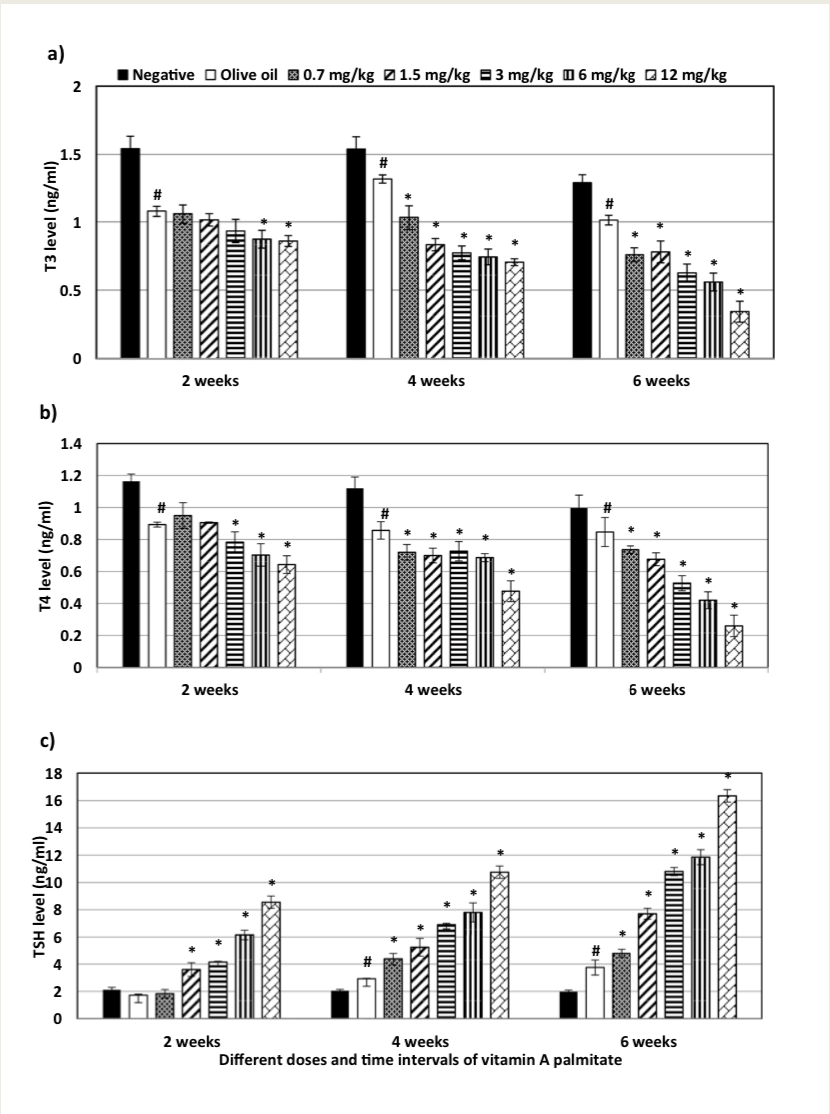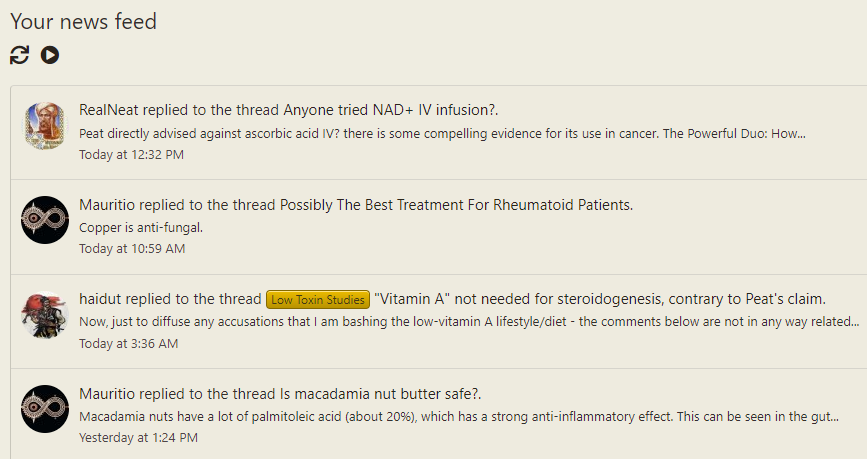@DavidPS said in Beware of the Low Vitamin A Zealots- New Thorough Video by Mike Fave:
I have been wondering how low can you go. An the long term consequences of going too low. This study was an eye opener. Eggs are a source of vitamin A.
Consumption of eggs and the 15-year incidence of age-related
macular degeneration
Background and aims: A naturally rich source of lutein and zeaxanthin are eggs. There is scarce epidemiological data on the temporal association between total egg consumption and age-related macular
degeneration (AMD) incidence. We aimed to establish the prospective and independent association
between consumption of eggs with the incidence of AMD over a 15-year follow-up.
Methods: In this population-based cohort study of 3,654 participants aged 49 þ years examined at
baseline, 2034 participants had complete information on baseline egg consumption and AMD signs over
15 years. AMD was determined from retinal photographs. Egg consumption was assessed using a semiquantitative food-frequency questionnaire. Total egg intake was calculated through summing up intakes
in all forms e.g. boiled, poached, fried, scrambled and/or omelette. We summarized total egg consumption into the following categories: 1 egg/week; 2-4 eggs/week; 5-6 eggs/week; and 1 egg/day.
Results: At baseline, participants who consumed 2-4 eggs/week compared to those who consumed 1
egg/week (reference group) had reduced risk of incident late-stage AMD after 15 years: multivariableadjusted odds ratio, OR, 0.51 (95% confidence intervals, CI, 0.28e0.92).
Participants who consumed 2
-4 eggs/week versus 1 egg/week at baseline had 62% reduced risk of developing neovascular AMD.
Among those whose AMD onset was at or before the 10-year follow-up, consumption of 2-4 and 5-6
eggs/week was associated with 54% and 65% reduced risk of incident late AMD**, respectively. When
analyzed as a dichotomized variable, participants who consumed >1 egg/week versus 1 egg/week at
baseline, had 46% reduced risk of developing late-stage AMD 15 years later: multivariable-adjusted OR
0.54 (95% CI 0.3e0.90). Non-significant associations were observed between egg consumption and
incident early AMD.
Conclusions: Our findings suggest that moderate consumption of eggs significantly reduces the risk of
developing incident late-stage AMD over 15 years.
Interesting study.
It probably wasnt only the Vitamin A, but also (maybe even mainly) the B-Vitamins:
"One randomized controlled trial showed that a daily supplementation of folic acid and vitamins B6 and B12 reduced the risk of AMD by 40% [22]."





